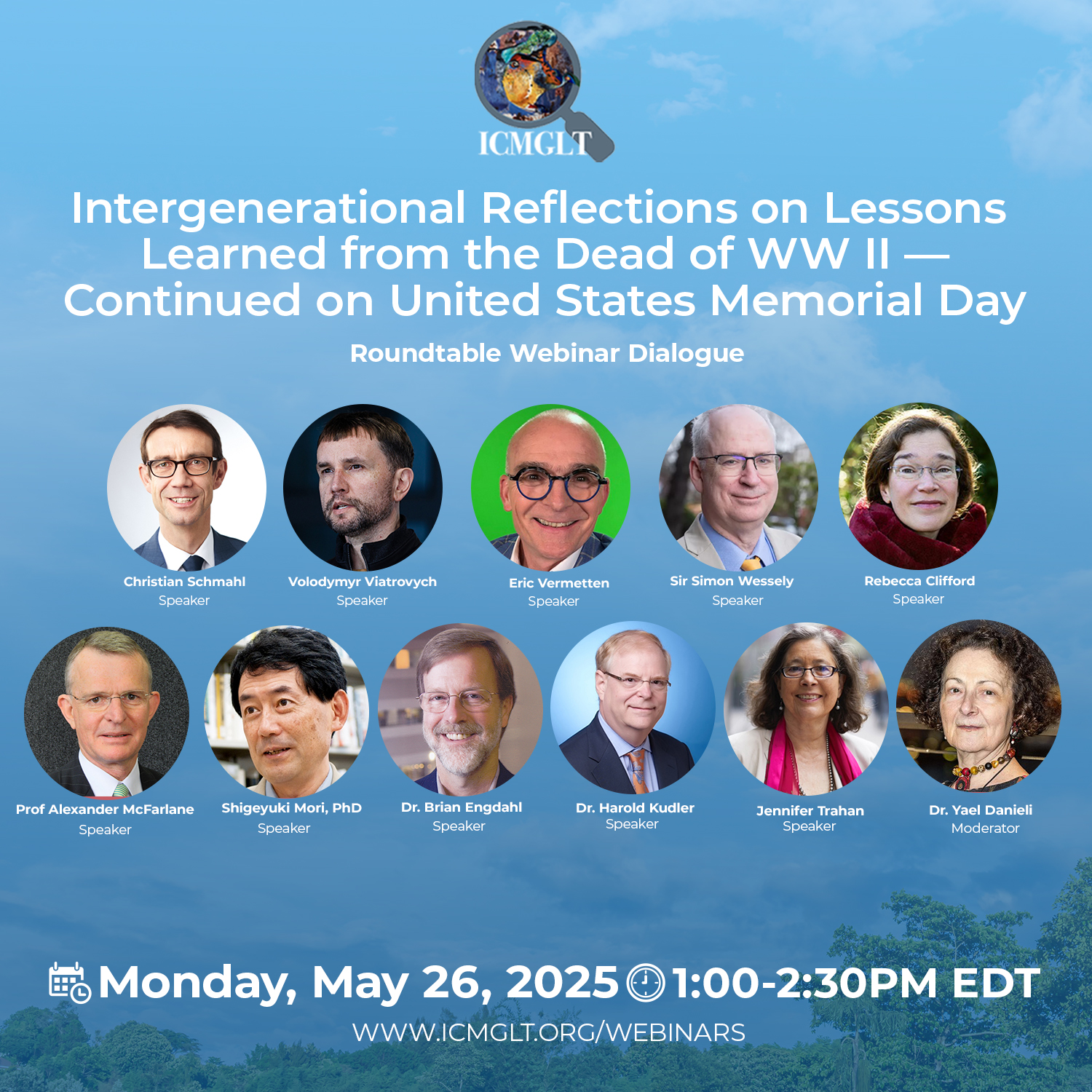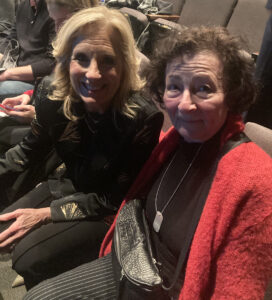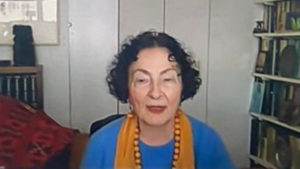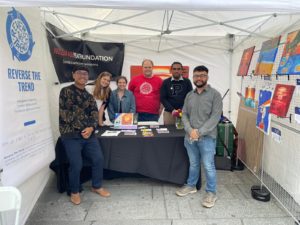Roundtable Webinar Dialogue
Monday, May 26, 2025, 1:00–2:30PM EDT / 10:00–11:30AM PDT / 5:00–6:30PM GMT / 6:00–7:30PM BST / 7:00–8:30PM CAT & CEST / 8:00–9:30PM IDT / Tuesday, May 27, 2025, 2:00–3:30AM JST / 3:00–4:30AM AEST
This International Center for MultiGenerational Legacies of Trauma Roundtable Webinar is held on United States Memorial Day, May 26. It continues our May 12 roundtable webinar that commemorated and reflected on May 8 and May 9 — the days the United Nations remembers the dead of World War II (the one after WW I: the War to End All Wars). Ended 80 years ago. the Second World War was the largest and deadliest conflict in human history (to Never Again be repeated). Multinational, multidisciplinary intergenerational panelists will continue the dialogue begun on May 12, where they shared, compared and reflected upon experiences, memories, related developments, and lessons learned both personally and professionally. On this Memorial Day they will discuss among themselves and with the audience how these might help us comprehend our world today and delineate present and future challenges, risks and hopes.
We highly recommend that you watch the May 12 webinar at https://icmglt.org/webinars/ ahead of May 26 roundtable dialogue.
Ukrainian-English interpretation will be provided
Speakers:

Christian Schmahl
A Professor of Psychosomatic Medicine and Psychotherapy at Heidelberg University and Medical Director of the Department of Psychosomatic Medicine at the Central Institute of Mental Health in Mannheim, Germany. His research focuses on emotion regulation, self-injurious behavior and dissociation as well as the interaction of neurobiology and psychotherapy in Borderline Personality Disorder and Posttraumatic Stress Disorder. He has published more than 300 articles, books and book chapters.

Volodymyr Viatrovych
A historian, publicist and politician, as director of the archives of the Security Service of Ukraine (2008–2010), he declassified the KGB archives. He taught at the Ukrainian Catholic University (Lviv) and the Kyiv-Mohyla Academy (Kyiv), headed the Center for Studies of the Liberation Movement. Heading of the Institute of National Remembrance in 2014–2019, Volodymyr was among the initiators of a package of decommunization laws. He authored and co-authored 15 books on the history of the Ukrainian liberation movement of the 20th century and World War II.

Eric Vermetten
A Professor of Psychiatry and Staff Psychiatrist at Leiden University Medical Center. He previously served as Head of Research at the Military Mental Health Service of the Dutch Armed Forces. Internationally recognized for his work on trauma, moral injury, and innovative treatments such as 3MDR and MDMA. He bridges clinical care, scientific research, and policy advising at the intersection of psychiatry and security.

Sir Simon Wessely
Sir Simon Wessely FRS is the Regius Chair of Psychiatry at King’s College London and a leading clinical academic with over 1,000 publications. A former President of both the Royal College of Psychiatrists and the Royal Society of Medicine, he founded the King’s Centre for Military Health Research and chaired the UK’s Independent Review of the Mental Health Act. A passionate historian, his family’s WWII legacy deeply informs his work and worldview.
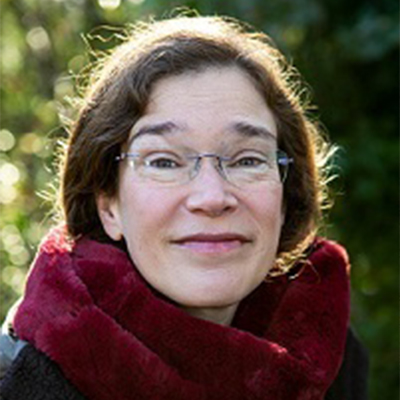
Rebecca Clifford
A Professor of European and Transnational History, specializing in Holocaust history, childhood, and oral history. She joined the department in 2021 after posts at Swansea and Oxford. Her award-winning book Survivors explores the post-war lives of child Holocaust survivors. She is currently researching the relationship between child survivors and psychoanalysis, and has also published on European activism and Holocaust commemoration in France and Italy.

Prof Alexander C. McFarlane AO, MBBS (Hons), MD, FRANZCP
Prof McFarlane is Emeritus Professor of Psychiatry at the University of Adelaide. He is an international expert in the field of the impact of disasters and PTSD. He has received the Lifetime Achievement Award of the ISTSS. He has held to advisory roles to the Australian Defence Force, and the Department of Veterans Affairs. He is a retired Group Captain of the RAAF specialist reserve. He has published 480 articles and chapters and co-edited three books.

Shigeyuki Mori, PhD
Licensed Clinical Psychologist, born in Kobe, Japan in 1955, has finished the academic course at Kyoto University. An emeritus professor of Konan University after mandatory retirement in 2023. He has been involved in trauma studies after the Great Earthquake that hit his hometown Kobe in 1995, and joined JSTSS. Along with the work on other traumatic events, he was also involved in research and meetings on WW II.

Dr. Brian Engdahl
Adjunct Professor in the Psychology and Neuroscience Departments at the University of Minnesota, also holding the Anderson Chair in PTSD research and treatment, whose clinical and research work as psychologist at the Minneapolis Veterans Affairs Medical Center for 42 years focused on WWII combat veterans, POWs, and the combat injuries sustained by veterans of all eras. With over 100 national and international publications and presentations, mostly on PTSD, he is currently studying veterans’ overall health. His father served for nearly 4 years at sea in the US Navy during WWII.

Dr. Harold Kudler
Dr. Kudler served on the International Society for Traumatic Stress Studies Board of Directors, co-led development of joint VA/Department of Defense Guidelines for Posttraumatic Stress and advised a Sesame Street series for military families. He was national lead for VA Mental Health policy from 2014 – 2018 and continues to play a leadership role in a number of mental health organizations including the International Center for Multigenerational Legacies of Trauma.

Jennifer Trahan
A leading expert in international criminal law and human rights. She is a member of the Advisory Council of ICMGLT and serves as Convenor at the Global Institute for the Prevention of Aggression (GIPA). A Clinical Professor at NYU’s Center for Global Affairs, she directs the Concentration in International Law and Human Rights and advises global institutions on atrocity prevention, accountability, and prosecuting the crime of aggression.
Moderator:

Dr. Yael Danieli
A Clinical psychologist, traumatologist, victimologist and psychohistorian, Dr. Danieli is Founder, Executive Director and Senior Representative to the United Nations of the International Center for MultiGenerational Legacies of Trauma (ICMGLT); Director, Group Project for Holocaust Survivors and their Children and Past-President, International Society for Traumatic Stress Studies.

